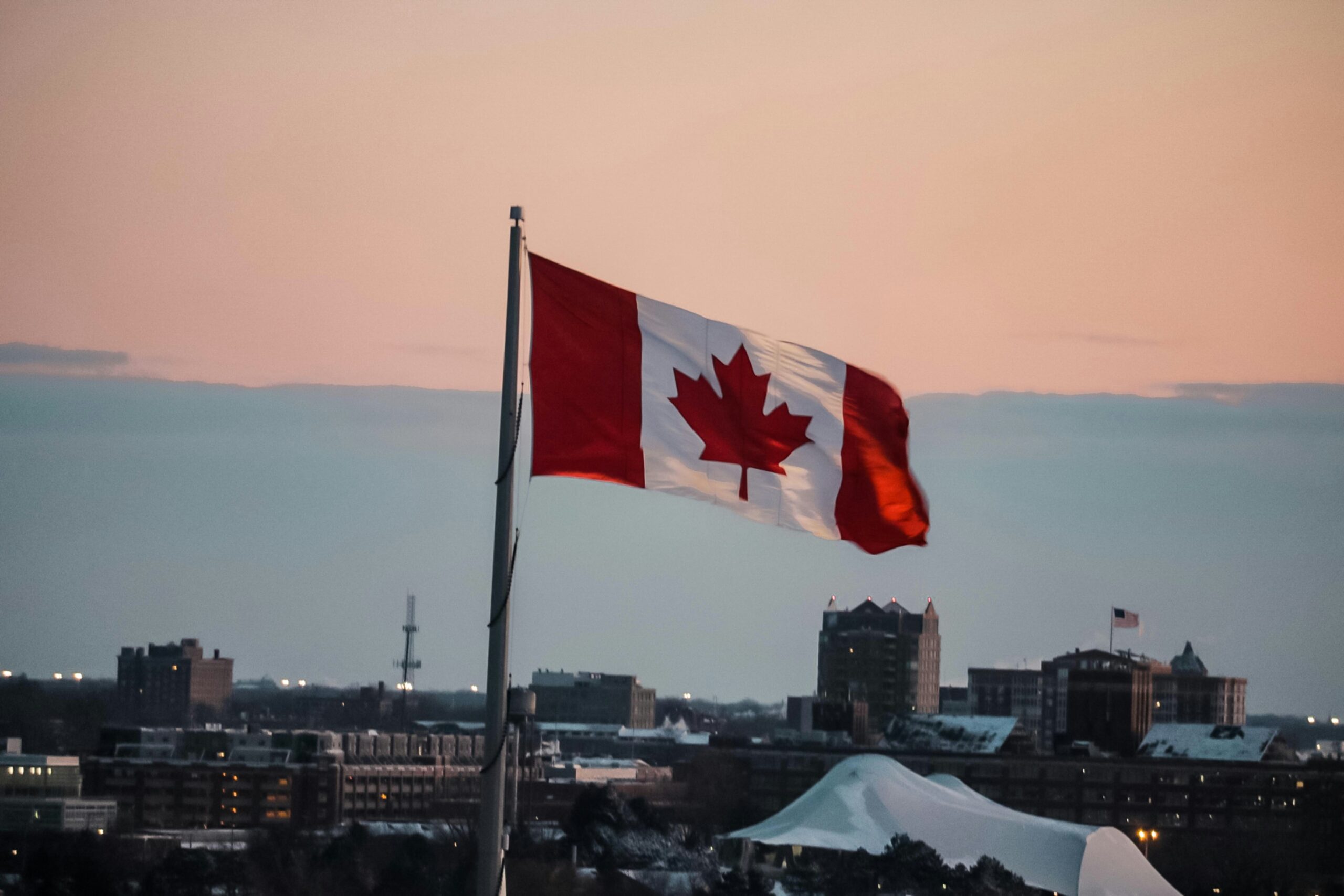Viewpoint
The most important factors affecting the election results..

This is not a political article. It is an observation article about the things we face in the society we live in. As someone who has written many books on voter behavior and many academic articles and newspaper columns on the subject, it is an effort to say a few words and a sense of responsibility.
There is a beautiful saying in Turkish, widely used among the public: “You don’t change horses when crossing a stream.” It can be said that this is the observation that best summarizes the results of the elections held in Canada on April 28.
In the last century, it has been very rare for the government to change in elections held while war was ongoing. However, after the war ended, even the most powerful leaders lost elections. After the war, society has always preferred to give new faces a chance for the peace-building and recovery process.
The aftermath of World War I is a typical example of this. In most of the countries that won the war in Europe, the parties in power lost the first elections. World War II was no different.
The war in Europe ended on May 8, 1945. For example, elections in England were held on July 5, 1945. The most popular party in the election was undoubtedly the Conservative Party, led by Prime Minister Winston Churchill. Churchill was a popular leader who changed the fate of not only England, but also Europe and the world.
While the votes were being counted, the Potsdam Conference (July 17 – August 2, 1945) that would change the fate of the world was also continuing. Soviet leader Joseph Stalin, US President Harry S. Truman and British President Winston Churchill were making decisions at this meeting about the future of the world and the fate of nations, the effects of which continue to this day. The day after Churchill returned to London, the election results in England were announced. Churchill lost the election and power passed from the Conservative Party to the Labour Party.
I give these examples for the following reason. US President Donald Trump, who took office on January 20, 2025, implemented new tariffs. If the subject is tariffs, the word that should be used should have been “Trade Competition”, right? But that was not the case. All the countries involved, especially Canada, called it a “Trade War”. War is a strong word and creates very bad associations in memories with uncertain outcomes and frameworks. And that is what happened. World markets reacted strongly to this uncertainty. Stock exchanges were seriously affected.
But the effects of this process, which initially seemed to be merely economic, had more serious consequences for Canada. Trump was threatening to make Canada the 51st state of the United States. So much so that he referred to Canadian Prime Minister Justin Trudeau as governor general, not prime minister. Trump’s repeated statements increased Canadians’ security concerns as well as their economic concerns.
As we entered 2025, the Conservative Party, led by Pierre Poilievre, appeared to hold a 20- to 30-point lead in the polls. In response to shifting political dynamics driven by domestic and international developments, Prime Minister Justin Trudeau resigned—the first major sign of this changing landscape. Mark Carney subsequently became the leader of the Liberal Party and was later appointed Prime Minister of Canada.
Economic reasons and security concerns are the two most important factors determining voter behavior all over the world. When these two issues came together at the same time for Canadian voters, the common Turkish saying I mentioned at the beginning of the article had an impact on the election results. If Canada had a trade war to face, then it should not have changed horses while crossing the stream.
It is also a known fact that when elections are held during critical periods all over the world, the participation rate in elections increases. In fact, more than 7 million voters voted in the primary elections held between Friday, April 18 and Monday, April 21. This picture was an indication that participation in the elections would be high. The high participation in the elections on April 28 also reflected the interest and concerns of Canadians regarding the ongoing process. Approximately 70 percent of Canadian voters showed their approach to the seriousness of the ongoing process by casting their votes.
Perhaps as a result of all these factors, the majority of voters voted for the party in power to continue in office. The reason for this can be explained as not to allow the country to lose time and create a temporary gap in the administration with the change of power during the trade war that is being faced and that also makes the future uncertain, and to prevent a lack of concentration on the serious problems that threaten the country.
It should also be noted in history that the determined management of the Marc Carney government against the Trump administration’s economic and political pressures, primarily tariffs, threats to Canada, and threats of becoming the 51st state, and the honorable stance of the Canadian people against these threats have drawn attention all over the world.
It has encouraged many countries, especially European countries, Mexico and China, to resist the pressures of the USA. Canada has become a pioneer in the world in not giving up against the threats of the USA.
There are undoubtedly many more reasons for this process that can be written in enough detail to form a book. In time, we will all see what the election results and trade wars will bring to the country. Let’s suffice with these comments for now.
By Prof. Dr. Osman OZSOY



